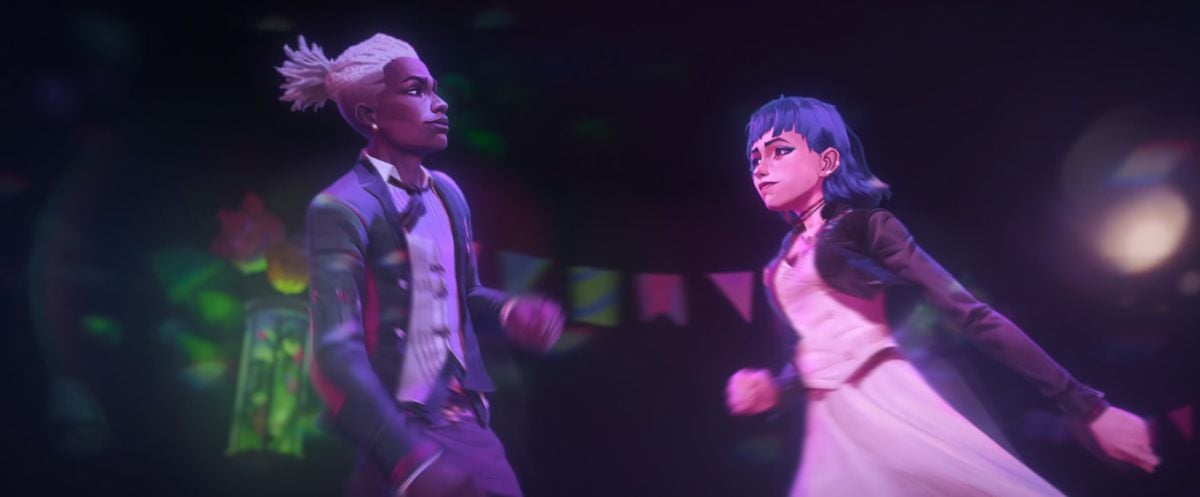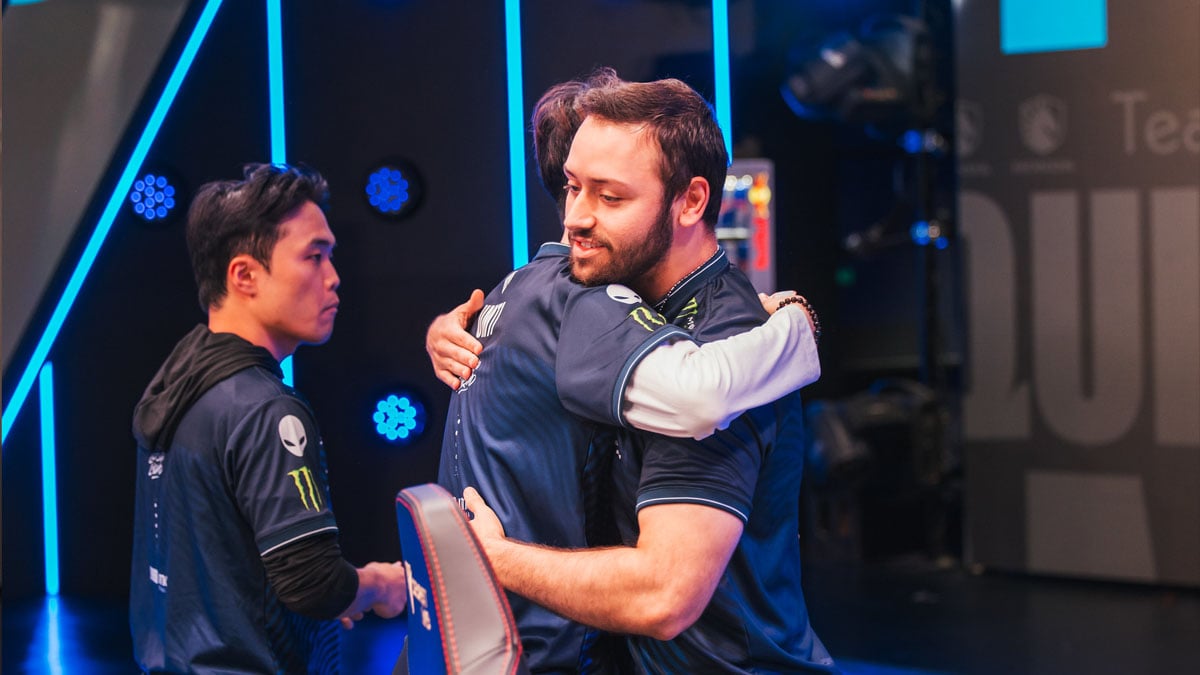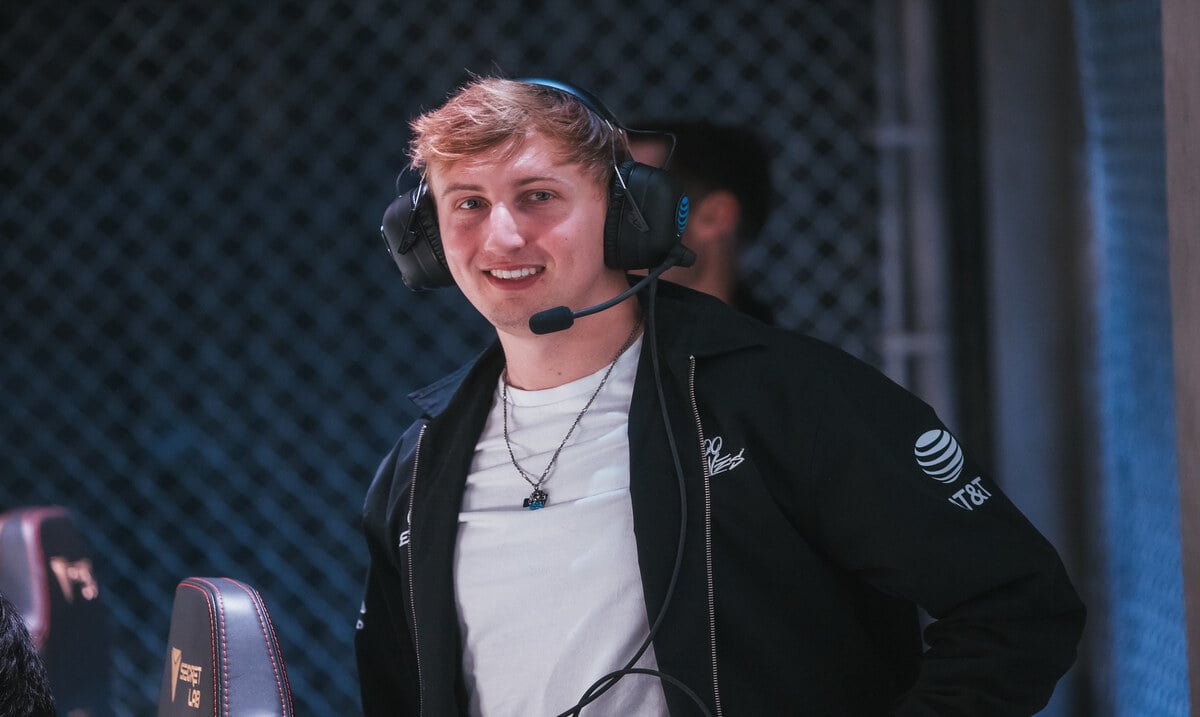A former competitive gamer, who is also a researcher in neurophysiology, wants to figure out what makes the best League of Legends players tick, and how to develop the training programs that produce champions.
In a developer blog on Gamasutra, Dr. Amine N. Issa, a specialist in Biomedical Engineering and Physiology and currently a researcher at the Mayo Clinic, talks about his experience with professional gaming and how it inspired his desire to understand what makes one player a successful esports competitor, where another player fails to achieve their goals.
Sport science is the study of how the human body performs during exercise, and defining the benefits of that exercise. Professional athletes can tap into the wealth of knowledge uncovered by sport science to more efficiently and appropriately train themselves for the competitive task at hand.
Issa is a former competitive World of Warcraft player, under the banner of Team Fnatic, where he went under the nickname “Uthgar.” He stopped gaming professionally, but never lost interest in his desire to figure out how he could have become a better player. And now he’s interested in whether the research methods of sport science could answer his question.
In August, Issa appeared in an episode of “Alienware LoL Lessons with Saint,” and discussed the advantages that define the best League competitors.
In his preliminary research, Issa used simple hand-eye coordination tests, and eye-tracking devices and biometric shirts, to measure the importance of physical and mental performance respectively in terms of what distinguished successful LoL players from the rest. Issa sums up the results of his preliminary research in the developer blog on Gamasutra.
“Contrary to the popular belief, in League of Legends mechanical skill is likely not the differentiation factor between great players. As believed by many higher level players, decision making and confidence under stress are paramount to optimal performance,” Issa wrote.
Of all the arbitrary strictures placed around the growth of esports, the idea that esports players are not athletes is one of the largest. It’s difficult sometimes, even for the most hardcore gamer, to think of an esports competitor as an “athlete” when the traditional definition of that term is hung on competitors from traditional sports.
If the precepts of sport science can be applied to esports and lead to better training regimens with demonstrable results, however, that could be an important step in making a case for why esports competitors are athletes, just of a different sort.
Screengrab via saintvicious676/YouTube






Published: Oct 2, 2014 09:00 am